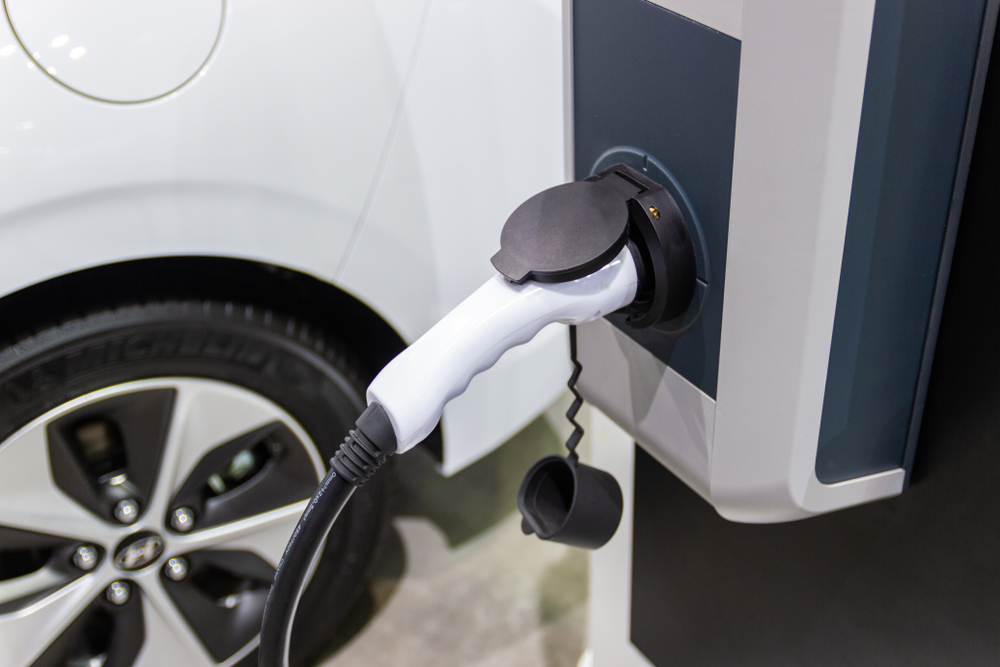
The USA Electrify Forward Act, introduced by U.S. Rep. Debbie Dingell (D-MI) this week, intends to advance the production of and support for electric vehicles (EVs) and infrastructure across the country.
To date, Dingell claims, fear of affordability, range, and charging has made the adoption process slow. As of May 2019, a AAA survey found that only 16 percent of Americans believe they would even consider an EV for their next purchase, due to a mix of price, repair costs or running out of a necessary charge. But with climate change an increasing concern, Dingell believes the U.S. can no longer drag its heels.
“As the effects of climate change intensify and other nations invest heavily in electric vehicle production and adoption, it’s critical the United States accelerate the deployment of electric vehicles and charging infrastructure to remain on the forefront of innovation and global competitiveness,” Dingell said. “Investing in electric vehicles and charging infrastructure is also pivotal to the United States rapidly transitioning to a clean, net zero emissions economy.”
The comprehensive act would tackle the issue from a number of directions. It would accelerate domestic manufacturing of batteries, power electronics and other technologies used by plug-in vehicles to make electric cars more efficient. At the same time, it would update residential and commercial building codes to make the installation of EV chargers easier. The Advanced Technology Vehicles Manufacturing Incentive Program would also be reauthorized, keeping the U.S. Department of Energy grant and loan program running through 2030 with some language updates to its guiding text.
The bill would not keep things to the federal level, though. It would also put some of the burden on states, requiring them to consider new measures that would encourage the spread of EV charging stations.
“The USA Electrify Forward Act makes critical investments in manufacturing and infrastructure to lower costs for consumers and producers,” Dingell said. “Americans have a growing [interest] in electric vehicles, but we must take steps now to inspire greater consumer confidence and ensure American Made electric vehicles are the greatest in the world. We also want to ensure that Michigan remains the global center of the auto industry.”